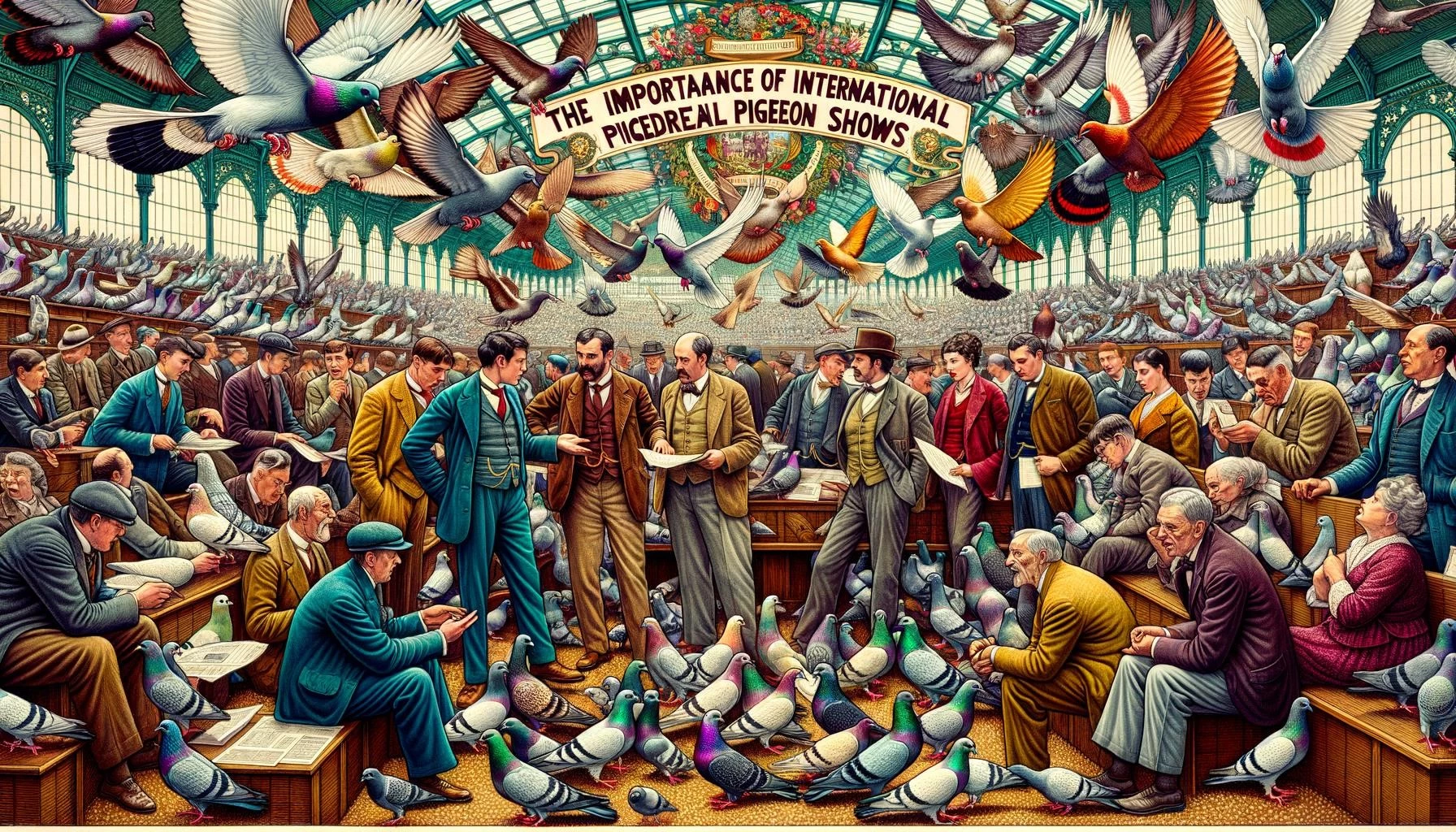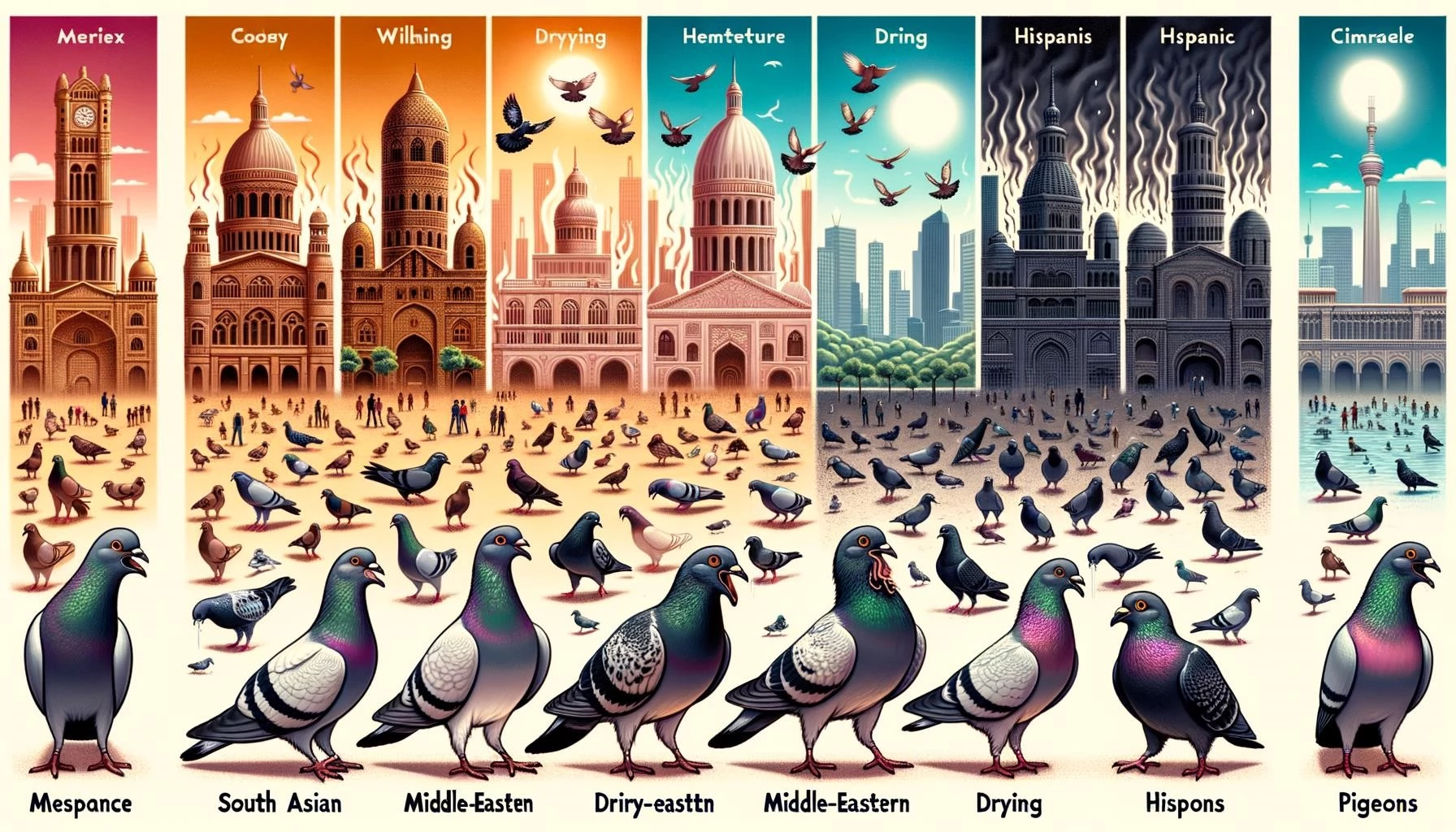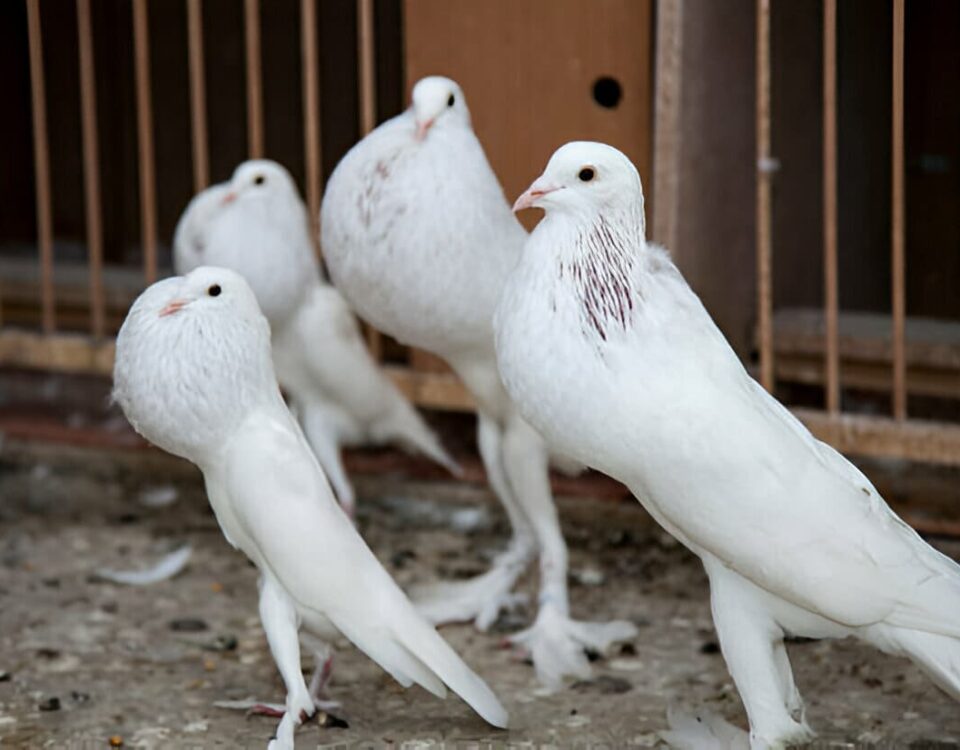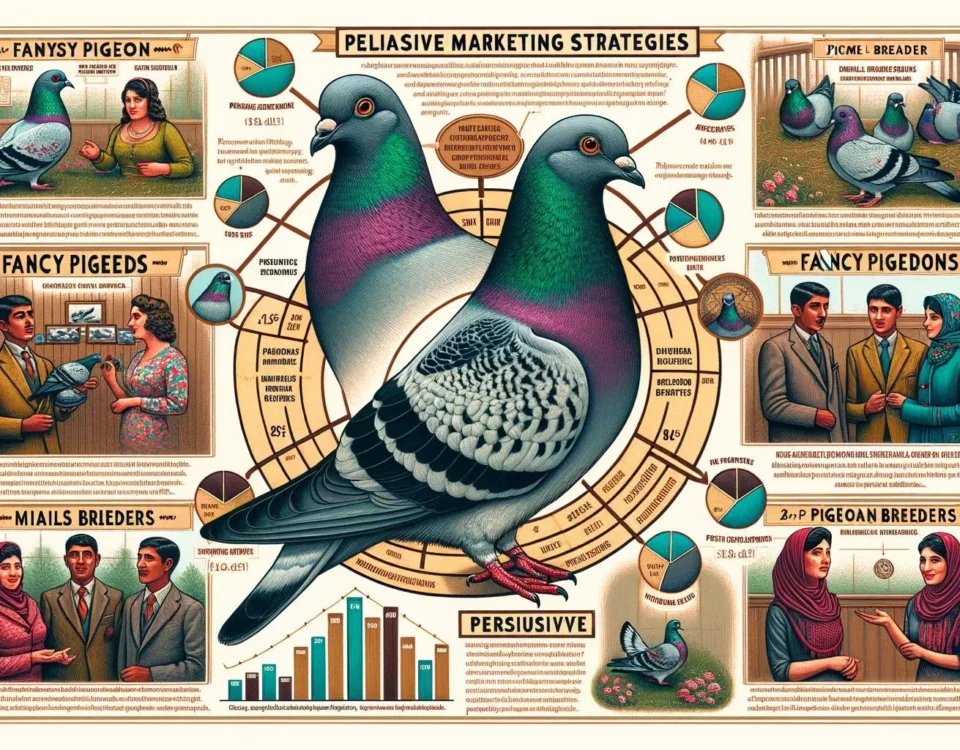Climate change is a global issue that affects various aspects of our environment, including wildlife. Fancy pigeons, which are a domesticated breed of pigeons, are not exempt from the impacts of climate change. In this article, we will explore the relationship between fancy pigeons and climate change, discussing the potential consequences and challenges faced by these birds.
Key Takeaways
- Fancy pigeons are domesticated pigeons bred by fanciers for various traits relating to size, shape, color, and behavior.
- Climate change is already impacting bird populations around the world, including fancy pigeons.
- The changing climate may affect the availability of suitable habitats, food sources, and breeding conditions for fancy pigeons.
- Fanciers and conservation organizations need to be aware of the potential impacts of climate change on fancy pigeons and take steps to mitigate its effects.
Fancy pigeons, like all bird species, are vulnerable to the effects of climate change. As the climate shifts, the availability of suitable habitats, food sources, and breeding conditions for fancy pigeons may change as well. This can have implications for their survival and well-being.
One of the primary concerns for fancy pigeons is the availability of suitable habitats. Changes in temperature and precipitation patterns can alter the vegetation and environmental conditions, impacting the places where fancy pigeons find shelter and build their nests.
Climate change can also affect the availability of food sources for fancy pigeons. For example, shifts in vegetation patterns can disrupt the natural cycles of flowering and fruiting plants, reducing the availability of seeds and fruits that pigeons rely on for sustenance. This can lead to food scarcity and malnutrition among fancy pigeons.
In addition to habitat and food availability, climate change can also affect the breeding patterns of fancy pigeons. Changes in temperature and weather patterns can disrupt the timing of breeding seasons and alter the conditions necessary for successful reproduction. This can result in reduced breeding success and population decline among fancy pigeon populations.
Mitigating the Impact
To mitigate the impact of climate change on fancy pigeons, fanciers and conservation organizations need to be proactive in their efforts. Here are some measures that can be taken:
1. Conservation and Habitat Restoration
Conservation efforts should focus on protecting and restoring the natural habitats of fancy pigeons. This includes preserving suitable nesting sites, promoting biodiversity, and supporting the growth of vegetation that provides food sources for pigeons.
2. Climate Change Adaptation
Fanciers and pigeon organizations can work on adapting their breeding practices to the changing climate. By selecting pigeons that are more resilient to extreme weather conditions or changes in food availability, they can help ensure the survival and health of future fancy pigeon generations.
3. Public Awareness and Education
Increasing public awareness about the impact of climate change on fancy pigeons can help garner support for conservation efforts. By educating the public about the importance of preserving natural habitats and mitigating climate change, fanciers can inspire action and collaboration to protect fancy pigeon populations.
4. Collaboration with Conservation Organizations
Fanciers can collaborate with local and international conservation organizations to pool resources, share knowledge, and work together on research and conservation initiatives. These partnerships can help identify the specific challenges faced by fancy pigeons and develop targeted strategies to address them.
It is crucial to remember that the impacts of climate change are complex and can vary depending on the region. Therefore, it is essential for fanciers and conservation organizations to stay informed about the latest climate research and adapt their strategies accordingly.
In conclusion, climate change poses significant challenges to fancy pigeons. The impacts on their habitats, food sources, and breeding patterns can potentially lead to population declines and even extinction if not properly addressed. By working together, fanciers, conservation organizations, and the public can help protect and preserve fancy pigeons in the face of climate change.









